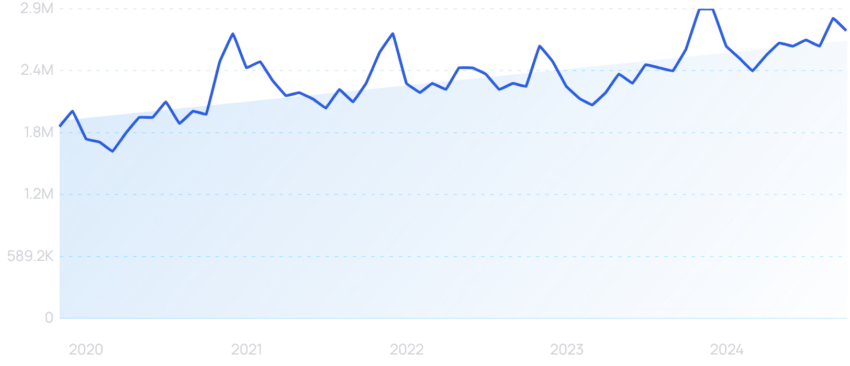TL;DR Summary of How to Use a Free Keyword Rank Checker to Boost Your SEO Performance
Optimixed’s Overview: Unlocking SEO Success with Strategic Keyword Rank Tracking
Why Tracking Keyword Rankings Matters
Organic traffic depends heavily on your keyword rankings in search engines. Without monitoring these rankings, you risk losing valuable traffic without realizing it. A keyword rank checker provides instant insights into your site’s current keyword positions, search volume, difficulty, and trends. This empowers you to take proactive steps to optimize content, increase topical authority, and outperform competitors.
Key Benefits of Using a Keyword Rank Checker
- SEO Performance Tracking: Identify when rankings improve or drop and respond accordingly.
- Competitor Analysis: Discover gaps and opportunities by comparing your rankings to competitors.
- Search Intent Understanding: Tailor content to meet the informational, navigational, commercial, or transactional intent of users.
- Automated Monitoring: Use tools like Semrush to receive alerts and track historical data without manual effort.
Best Practices for Effective Keyword Rank Monitoring
Frequency of tracking depends on your business size and resources:
- Weekly checks suit most medium-sized companies.
- Monthly reviews work well for smaller businesses.
- Daily monitoring is useful during special events like sales or major site changes.
Also, track rankings separately for desktop and mobile devices, as search results can differ significantly.
Tools and Techniques to Maximize Your SEO Impact
- Semrush Position Tracker: Offers daily updates, competitive insights, SERP feature detection, and customizable alerts.
- Google Search Console: Provides average keyword positions and performance metrics but with less granularity.
- Content Audits: Regularly review and update pages that lose rankings to maintain relevance and authority.
- Site Audits: Identify and fix technical SEO issues that may harm your rankings.
Understanding Search Intent and Its SEO Implications
Keywords have different intents:
- Informational (learning-focused, 52.65%)
- Navigational (finding specific sites, 32.15%)
- Commercial (researching products, 14.51%)
- Transactional (ready to buy, 0.69%)
Transactional keywords are the most valuable for conversions but rare. Informational keywords are often covered by AI-generated summaries, reducing click-through rates, which makes targeting these more challenging.
Final Thoughts
Consistent, data-driven keyword rank tracking is a cornerstone of successful SEO strategies. By leveraging free and paid SEO tools, understanding search intent, and performing regular site and content audits, you can ensure your website remains competitive and continues to attract high-quality organic traffic.
